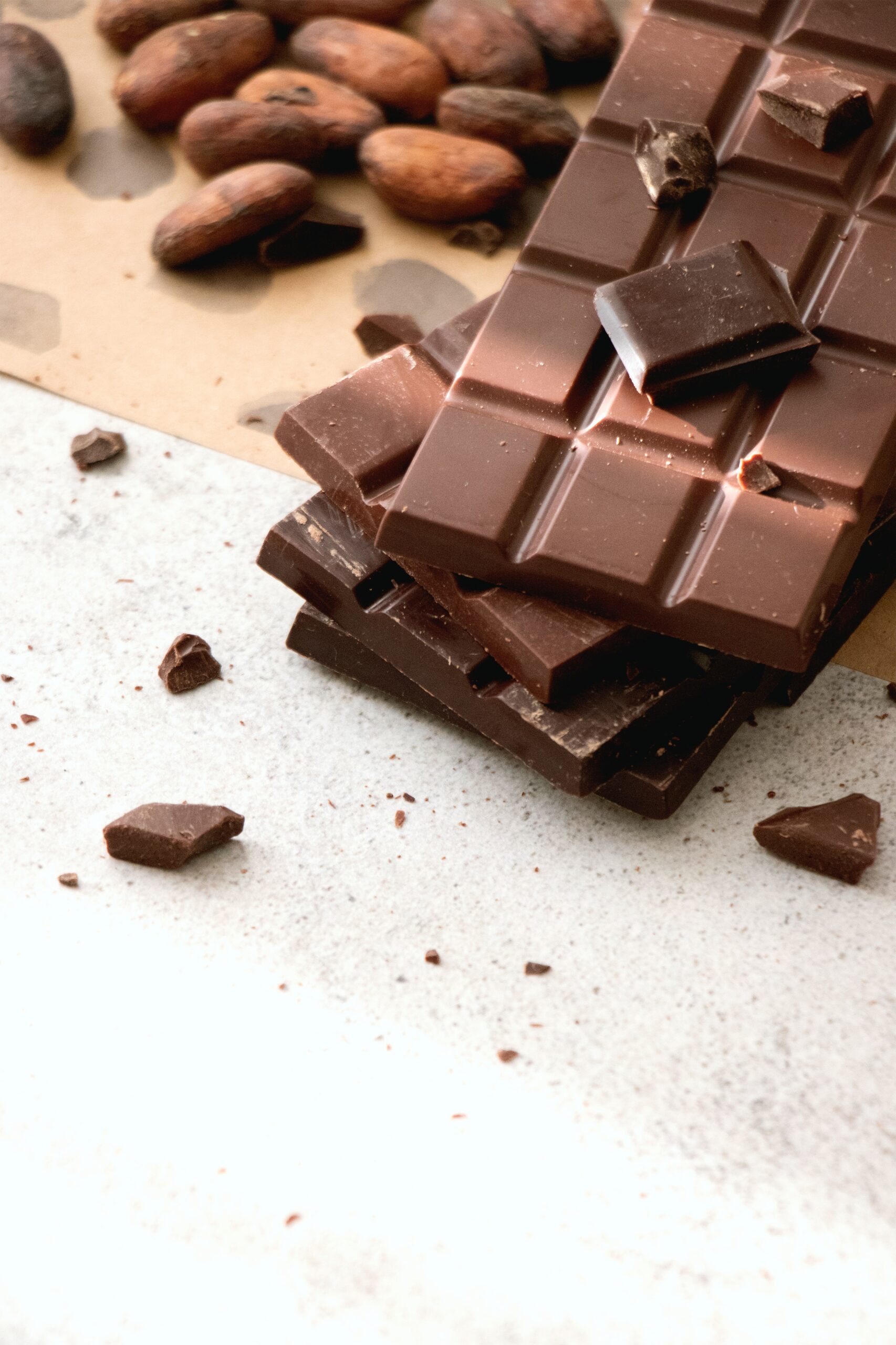Many of us have experienced mold growing on food items in our kitchen, but have you ever wondered if chocolate is also susceptible to this type of spoilage? In this post, we will explore the factors that contribute to mold growth on chocolate, as well as tips on how to properly store your chocolate to prevent mold from developing.
Yes, chocolate can go moldy if it is not stored properly or if it is exposed to moisture or other conditions that promote mold growth. Chocolate is sensitive to temperature changes and humidity, which can cause it to spoil. Mold can grow on chocolate if it is exposed to too much humidity, or if it is stored in a warm, damp environment. In addition, if chocolate is stored near other foods that are moldy, it can also become contaminated with mold spores.
However, Dark chocolate is less susceptible to mold than milk chocolate or white chocolate because it contains a higher percentage of cocoa solids, which act as a natural preservative.
This is because dark chocolate has a lower moisture content than milk chocolate or white chocolate, which also makes it less susceptible to mold but it can still develop mold if it is not stored properly, such as in high humidity or at room temperature for an extended period of time.
Mold growth can be identified by discoloration, an off smell, or an off taste. If you notice any of these signs, it is best to discard the chocolate as it is no longer safe to consume.
To prevent mold growth, chocolate should be stored in a cool, dry place, away from light and other foods that can cause contamination. The chocolate should be kept in an airtight container or packaging, to reduce exposure to humidity.
It’s also important to check the expiration date before consumption. If you find mold on your chocolate, discard it and make sure to store your chocolate properly in the future.

How Long Can Chocolate Last Before It Goes Moldy?
Chocolate can last for a long time before it goes moldy, but it depends on the storage conditions and the type of chocolate. If chocolate is stored in a cool, dry place, away from light, it can last for several months or even up to a year. However, if it is exposed to humidity, heat, or light, the shelf life of chocolate can be greatly reduced.
Dark chocolate can last up to two years, while milk chocolate and white chocolate have a shelf life of six to eight months. It is also important to check the expiration date of chocolate before consumption.
It’s always good to check the product before consuming it and if you see any discoloration, or an off smell or taste, it’s best to discard it.

Is It Mold That Causes Chocolate To Go White?
No, mold is not the cause of chocolate going white. Chocolate can turn white due to a process called “blooming” which is caused by temperature changes. When chocolate is stored in an environment that is too warm and then cooled, cocoa butter can rise to the surface and form a white layer. This process does not affect the taste or safety of the chocolate, but it does indicate that the chocolate has been exposed to temperature fluctuations, which can affect its texture and appearance.
Another reason for the white discoloration of chocolate is due to a phenomenon called “sugar bloom” which is caused by the chocolate being exposed to moisture. The moisture causes the sugar to dissolve and then recrystallize on the surface of the chocolate, resulting in a white, powdery appearance. This process also does not affect the taste or safety of the chocolate, but it can affect the texture and appearance.
Mold, on the other hand, can cause discoloration, an off smell and taste, and can be harmful if consumed. It’s important to check the chocolate before consuming it, if it’s moldy, discard it.
Can Chocolate Be Eaten If It Has Bloomed?
Chocolate that has “bloomed” is still safe to eat, but it may not have the same taste or texture as chocolate that has not bloomed. Blooming causes the chocolate to develop a dull appearance and a white, powdery or cloudy look. The chocolate may also develop a grainy or crumbly texture.
Relevant Articles
Why Does Cotton Candy Dissolve In Water?
Why Does Hard Candy Become Soft?

Comments are closed